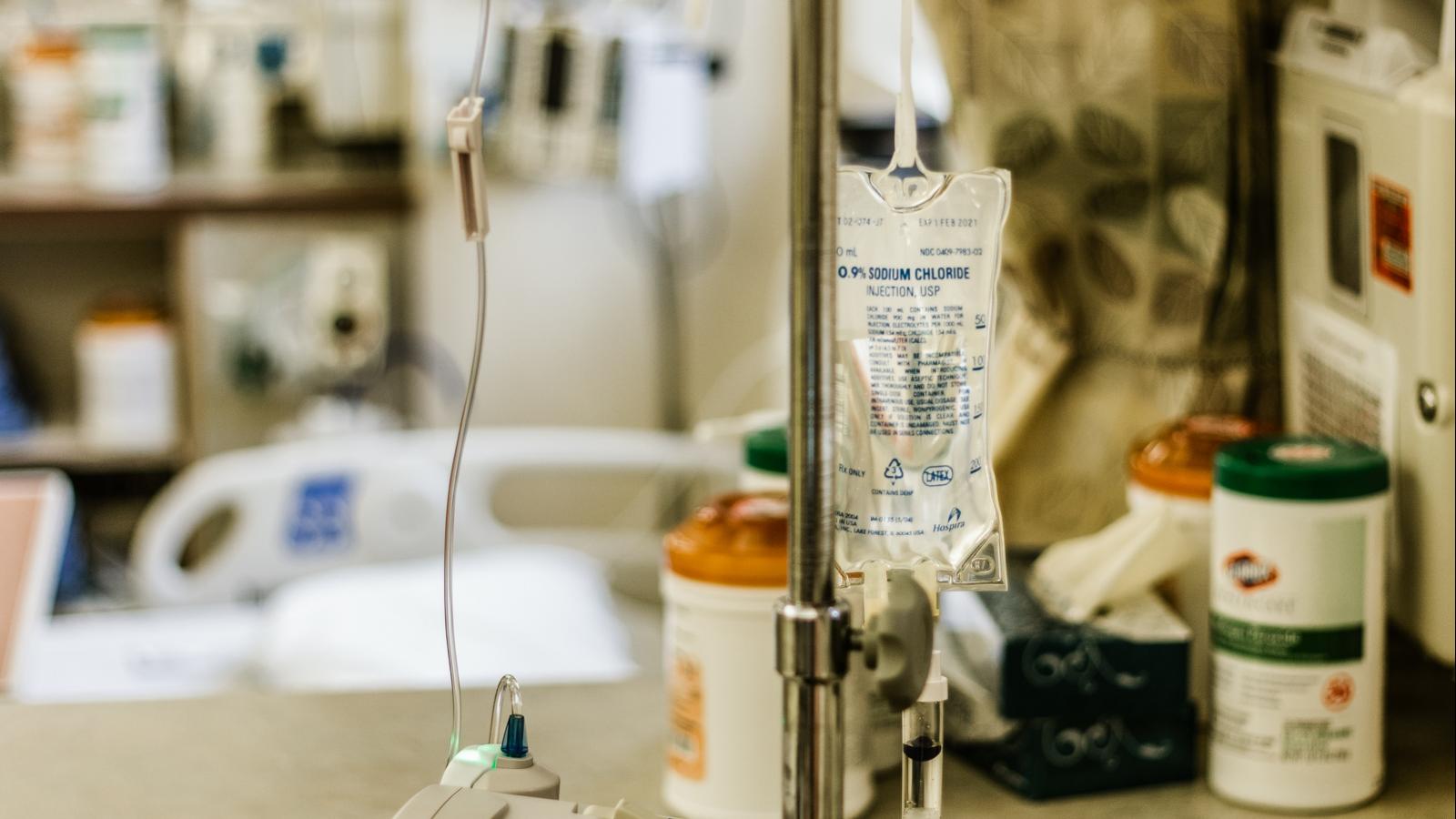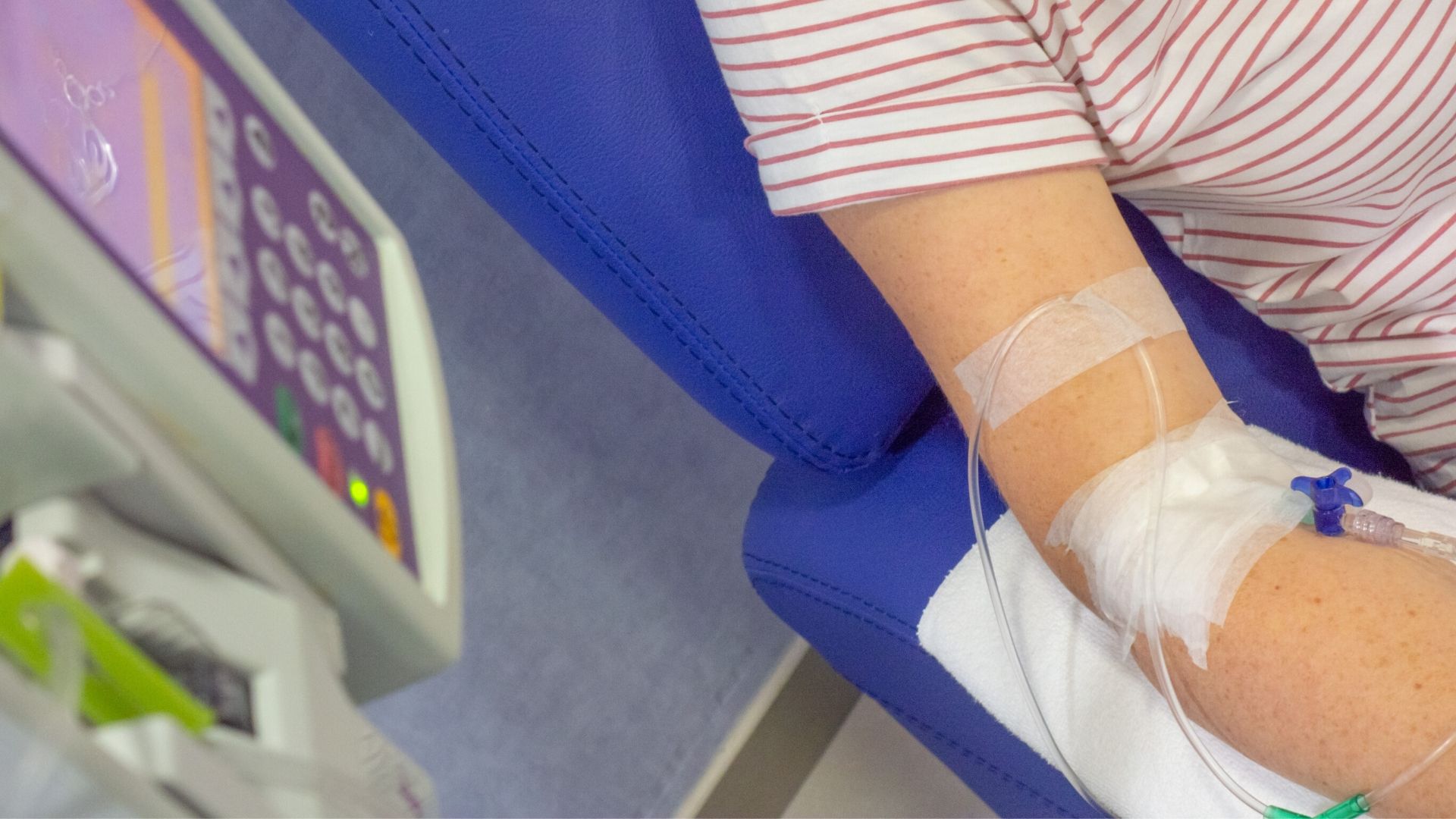Drug treatments for metastatic prostate cancer

On this page:
Most men with metastatic prostate cancer will be treated with hormone therapy, but you will probably have a combination of treatments. Other drug treatments you may have include:
- Chemotherapy
- Steroids
- Bone-strengthening drugs

New drugs for prostate cancer are being developed all the time. Your doctor will advise you about any other treatments that may help you.
Chemotherapy for metastatic prostate cancer
Chemotherapy is a treatment using drugs to help kill cancer cells that have travelled to other parts of your body. It can slow the growth of the cancer and control symptoms, such as pain. Chemotherapy may be given directly into a vein as an injection or through an intravenous infusion (drip).
What kinds of drugs are used?
Some examples of chemotherapy used for prostate cancer are docetaxel (Taxotere®) and cabazitaxel (Jevtana®). You may be given a steroid with your chemotherapy to reduce the side-effects of treatment.
How often will I have chemotherapy?
The chemotherapy drugs are often given in cycles, such as once every 2 or 3 weeks, with a rest period between treatments. The rest period allows your body to recover from the effects of the drugs. The number of cycles you receive will depend on how well the cancer is responding to treatment.
Read more about chemotherapy and its side-effects.
Steroids for metastatic prostate cancer
Steroids can help to reduce the amount of testosterone made in your adrenal glands or they may help to reduce the side-effects of certain drug treatments.
Side-effects from steroids include an increased appetite and mood changes. They can also cause bone thinning, a higher risk of diabetes, fluid retention, and other body changes. Your doctor will check for these side-effects regularly.
Read more about steroids.
Bone-strengthening drugs for metastatic prostate cancer
Bone-strengthening drugs can help to reduce pain from cancer that has spread to the bone and may slow the growth of cancer in the bone. They can also help to prevent further bone loss and strengthen the bone to reduce the risk of bone damage, like fractures.
You may be given these drugs even if you don’t have any symptoms, to protect your bones. The types of drugs commonly used for patients with prostate cancer are bisphosphonates (for example, zoledronic acid (Zometa®) and monoclonal antibodies (for example, denosumab (Xgeva®)). Bisphosphonates can also reduce high levels of calcium in your blood.
We have more information on bone strengthening drugs and their side-effects.
Ask your doctor or specialist nurse about any medicines you’re taking:
- What they are for
- How to take them
- Any possible side-effects.
They may be able to give you a printed sheet to take home with you.
Or ask our cancer nurses: Call our Support Line on 1800 200 700 or drop in to a Daffodil Centre.
For more information
Phone
1800 200 700



